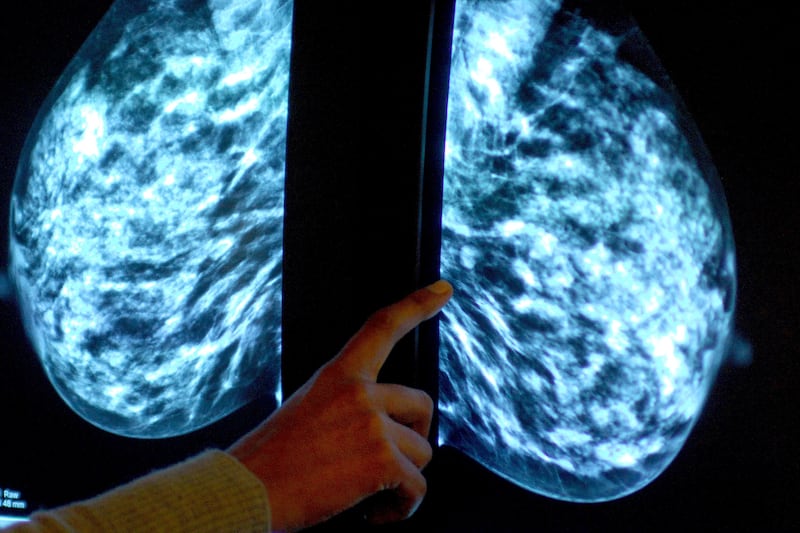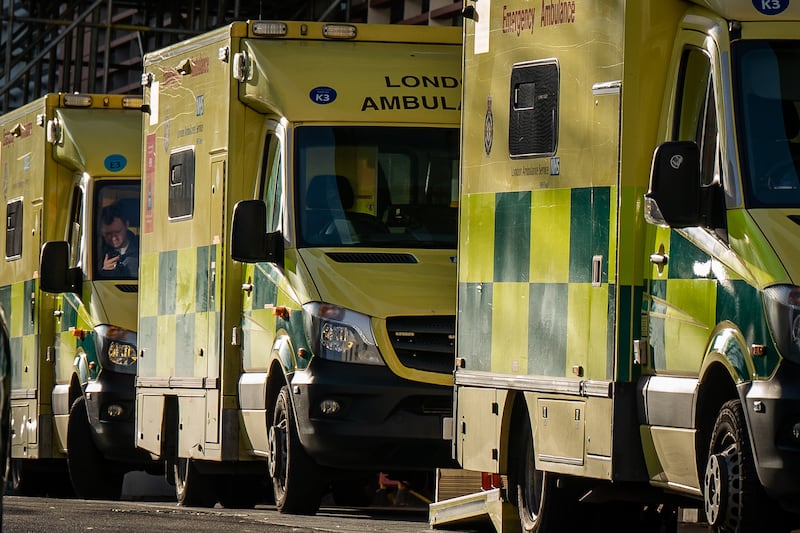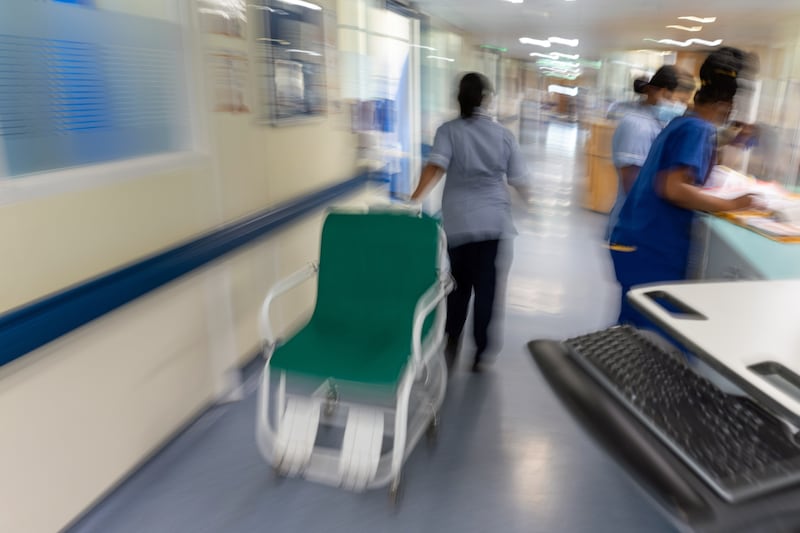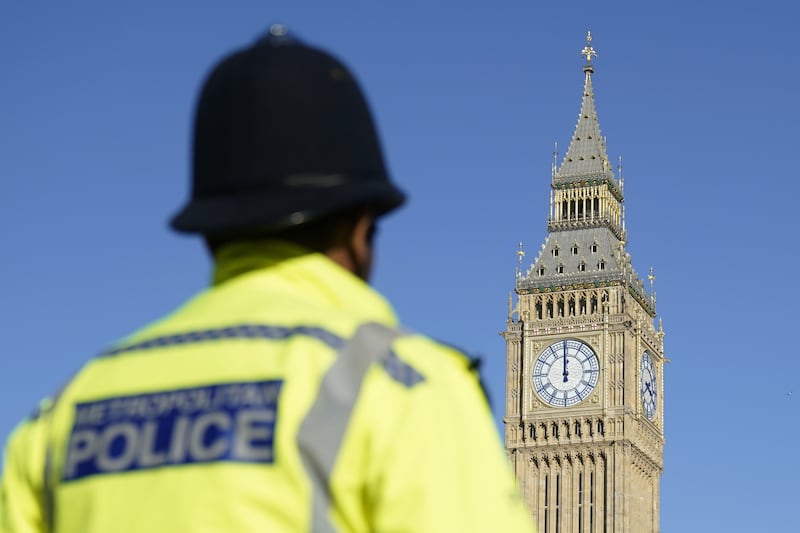A BELFAST paramedic has said she now witnesses more patients dying after long waits for ambulances than before the pandemic.
Kathy Rodgers, a rapid response paramedic and Unite member, was among thousands of health workers on strike across Northern Ireland today.
Outside the Royal Victoria Hospital, she was ready to leave the picket line immediately for any serious calls but said the chronic under funding of the health service was costing lives.
“I’ve been doing this job a long time and I’ve seen an awful lot of bad changes,” she told The Irish News.
"Nobody in the health service wants to strike. Our patients are dying waiting on us. I’ve experienced that more now than before the pandemic. People waiting on us, lying on the floor for 18-19 hours. It’s not right. We don’t come into this job for wages, it’s the patient first, but your own wellbeing falls to the back when you’re in this uniform."
The Northern Ireland Ambulance Service issued a public warning that 999 calls should only be made in a “life-threatening situation”.
Other patients were told the strike action would mean “lengthy delays” and were encouraged to arrange alternative transport.
Health assistant and Unite member Jimmy McGrath said staff had still not received a promised £1,400 pay increase.
“It wasn’t too long ago when staff were coming down on the cold dark nights to work on Covid wards,” he said.
"That was with the anxiety of taking infection home with them, everyone was praising them but now that’s all been forgotten about. People feel wounded by that and I think that’s why there’s so many out today."
He compared conditions in emergency rooms over recent months to a “cattle market”.
“People are side to side and it’s not safe. All the staff in there get burned out slowly but surely. Pay is a factor, but recruiting and retaining people is very difficult.”
“You know you’re going to be bombarded when you come into work and miss your lunch and tea breaks. That all impacts on your morale.”
Outside the Mater Hospital, security officer and Unison member Ziggy Hoffman said change was long overdue.
“For years we have been underpaid, and now it’s time to be treated fairly as we face all these extra problems like the cost of living.”
Fellow security worker and Unison health and safety rep Barry Watson said he was fully prepared to prolong industrial action.
“It doesn’t matter if it’s doctors, nurses, cleaners, porters or security. If we’re not all here the health service doesn’t work,” he said.
“We’re not only striking because of pay, it’s to do with being short staffed. That’s why the health service is in turmoil."








